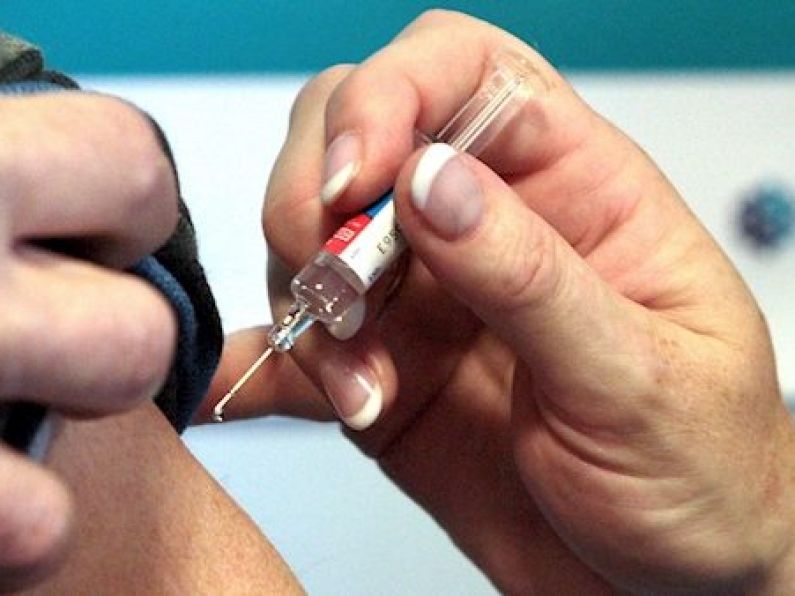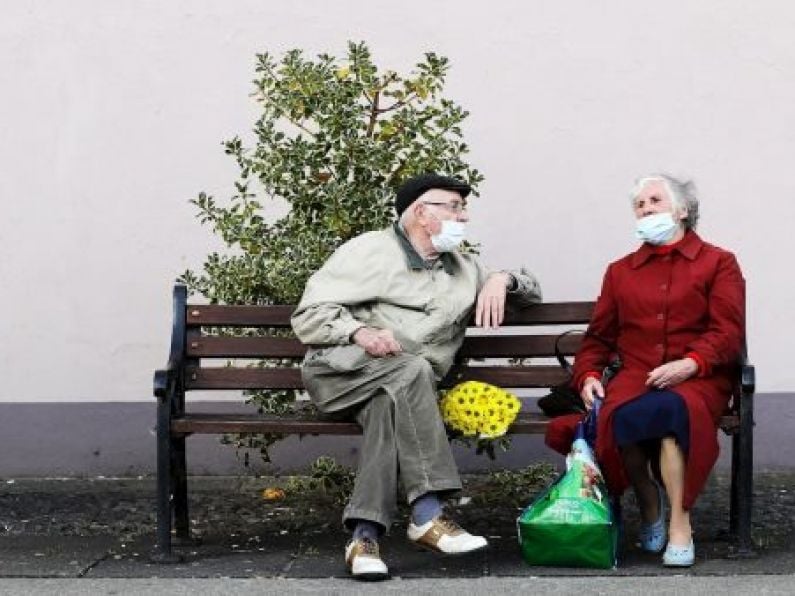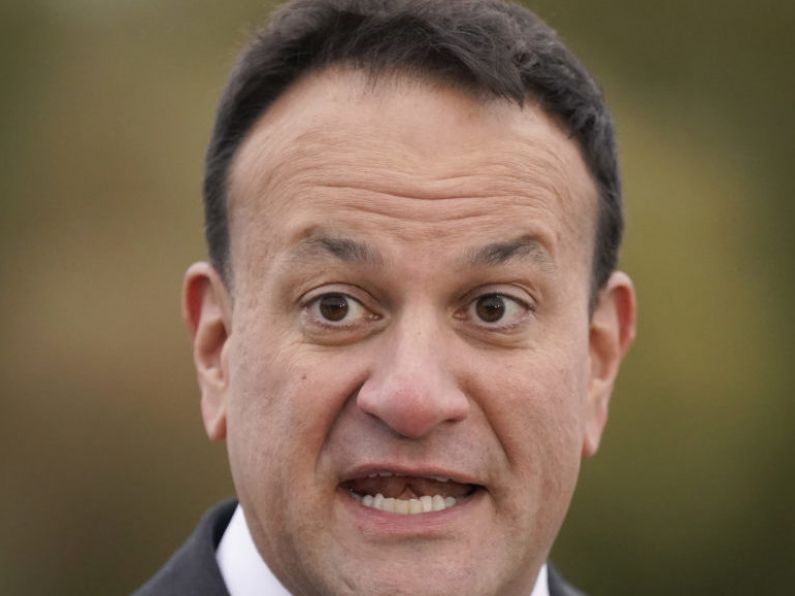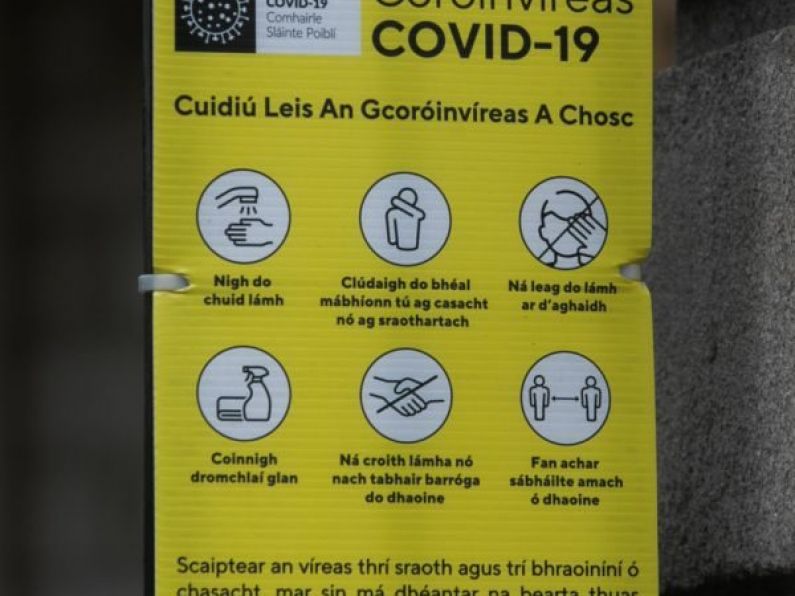A leading epidemiologist has said he is confident that a Covid-19 vaccine will be available by the end of the year.
Professor Luke O’Neill suggested that the data coming from pharmaceutical giant Pfizer is very promising, according to the Irish Times.
Pfizer has said it expects emergency authorisation use for its vaccine in the United States by the third week of November.
“Can you imagine before Christmas if the headline is that the vaccine shows efficacy? They are going to ramp up production in the coming months,” Prof O’Neill told national radio.
Prof O’Neill said there are hundreds of millions of Covid-19 vaccines already available, as pharmaceutical companies are anticipating success.
“It’s a sign that people are looking at this in a positive way,” he said. “Some might work better than the other. The question is who’s will be the most efficacious. The more we have the better.”
Normal life
Prof O’Neill said that along with Pfizer’s promising statement, Barclay’s Investment Bank had separately looked at the data and predicted three vaccines approved by Christmas and five more in the middle of next year.
In a statement last month, the bank predicted the Pfizer vaccine has an 85 per cent chance of approval, to be followed swiftly by others.
The bank also predicted the majority of the populations of the US, the European Union and the UK will be vaccinated by the end of the third quarter next year.
Prof O’Neill also said that in addition to a vaccine, antigen tests are being developed which will be able to indicate immediately if people are positive or negative for the virus.
He predicted that these antigen tests will be more widely available in the next two to three months and will make a return to normal life more certain.
It's as there have been eight new deaths and 1,276 new cases of coronavirus confirmed in the State this evening.
Of the eight deaths related to Covid-19 confirmed today, one occurred in June, two in September and five in October. There has now been a total of 1,849 Covid-19 related deaths in Ireland.
Of the cases notified today, 69 per cent are under 45 years of age, with a median age of 31 years old.
A crucial meeting is currently underway in Dublin between senior Government members and public health officials as they prepare a decision on moving the country to Level 5 Covid-19 restrictions.
The National Public Health Emergency Team (Nphet) has recommended that every county move to Level 5 restrictions for six weeks to regain control of the disease, which would mean everyone must stay within 5 kilometres of their home.
Yesterday saw 1,000 further positive cases of Covid-19 confirmed in the State in the third day in a row that new confirmed cases have hit four figures. There are 260 patients being treated for the disease in hospital today, with 30 in intensive care.
Confusion has surrounded new “circuit breaker” lockdown restrictions in Northern Ireland which came into force yesterday evening, as fans turned up for a premiership clash in Coleraine Showgrounds.
A further 1,031 cases and two deaths related to the virus have been confirmed in the region in the last 24-hour reporting period.
With the Republic’s highest figure of daily cases since the pandemic began announced on Thursday, multiple other European countries have reported record daily totals of Covid-19 cases this week as a second wave sweeps across the continent.
In Italy, the figure has exceeded 10,000 for the first time, while Germany announced a new daily record of over 7,300 new cases yesterday.
A four-week night time curfew is also in place in France, as over 55,000 cases have been confirmed there since Thursday.






